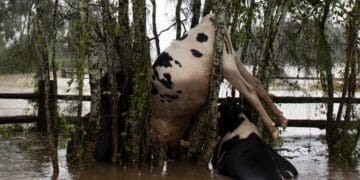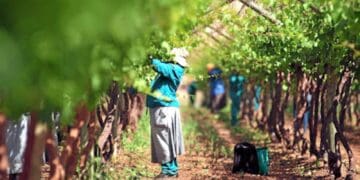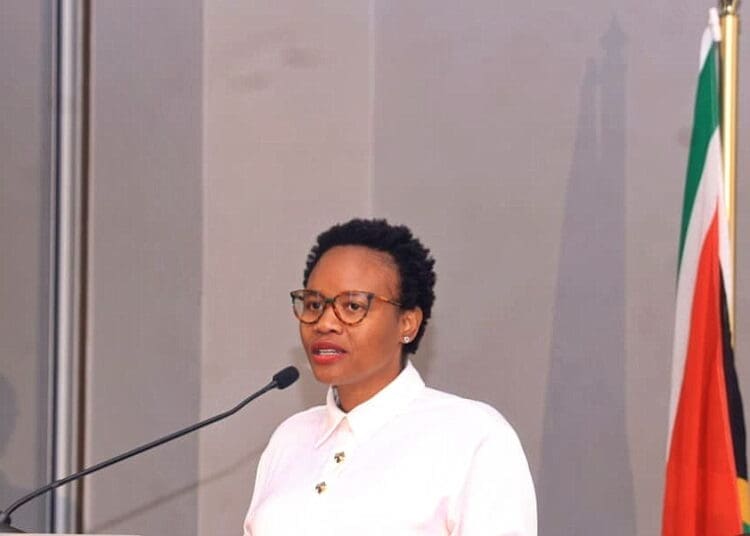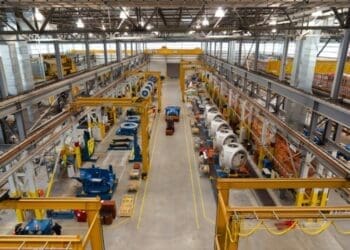The City of Tshwane has promised billions in new investments, but small businesses and township entrepreneurs want to see if these plans will create real opportunities for them.
At the inaugural Tshwane Rising Investment Summit, city officials unveiled a R5-billion investment drive, with ambitions to grow that figure to between R17 billion and R26 billion by 2029, while creating up to 80,000 jobs.
Executive Mayor Dr Nasiphi Moya said the city is unlocking long-neglected strategic assets, including the Rooiwal and Pretoria West power stations, the Pretoria Showgrounds, Wonderboom National Airport, the Tshwane Fresh Produce Market, and even derelict inner-city buildings.
“These assets are more than buildings or land. They are catalysts for growth. Each one is being packaged with a clear business case, timelines, and transparent processes to ensure that investment delivers real results,” Moya said.
She stressed that reviving these assets is about giving smaller players a role in Tshwane’s future, not just attracting big investors.
“The Rooiwal and Pretoria West power stations can once again be engines of growth. We are opening them to investors through structured agreements that allow us to restore capacity, attract industry, and create opportunities for township suppliers and contractors who have long been excluded,” she said.
MEC for Finance and Economic Development, Lebogang Maile, positioned Tshwane as a strategic hub in Gauteng’s economy, citing R400 billion in exports in 2024, almost a third of the province’s total.
He highlighted the city’s role as a centre of production and consumption, employing more than 1.27 million people.
Maile said the Strategic Investment Committee (STRIC) and the New Applications Processing System (NAPS) would fast-track approvals and cut red tape for major projects.
For many small businesses, these announcements represent a glimmer of hope. Mary Ngema, an informal trader in Tshwane, said the government has made many promises in the past about supporting entrepreneurs, but she hopes this will be different.
“If the city is serious about empowering us, this could open real doors. I have been running a kitchen business for a very long time, and my dream is to open a bed and breakfast business. Opportunities like these could finally give us access to funding or partnerships that we’ve never had before,” Ngema said.
Lily Sambo, who runs a small catering business informally, expressed cautious optimism.
“It’s encouraging to see the city paying attention to small businesses like mine. I’m excited about the potential to grow and contribute meaningfully to Tshwane’s economy,” Sambo said.
“At the same time, I know that promises don’t always lead to action, so I’ll be watching closely to see how these opportunities unfold.”
For now, SMMEs remain alert, hoping Tshwane’s bold investment promises will soon turn into genuine opportunities for township businesses.


























































